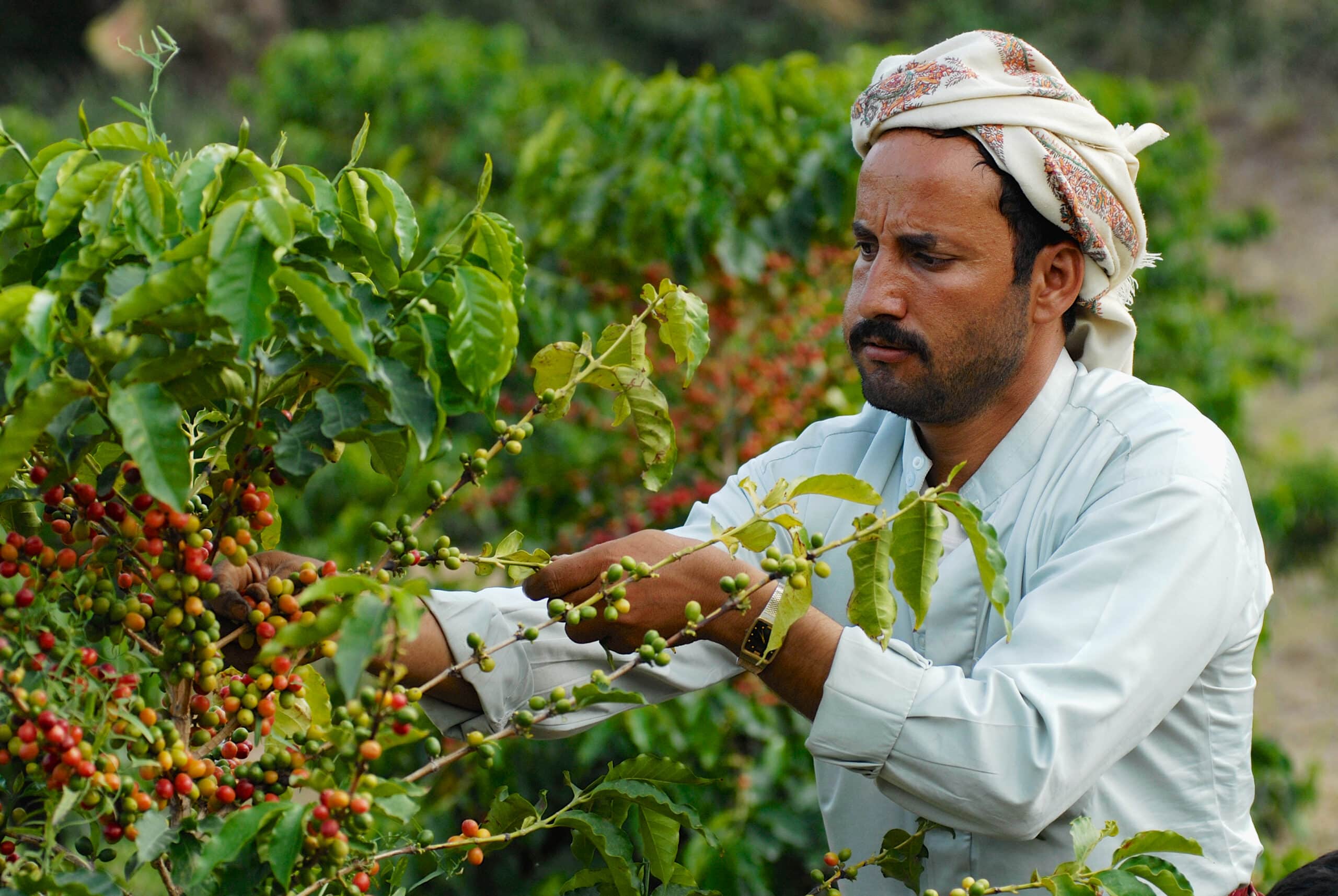Open innovation has been proposed as an ideal way for food SMEs to develop new products with the assistance of intermediaries to help enterprises to overcome the considerable challenges they face when implementing this strategy.
Open Innovation
Open innovation is a product and process development model, whereby firms use external ideas, as well as internal ideas, to advance their offering. It can involve the sharing of risks and rewards with partners – such as customers, rival companies and academic institutions – in a permeable business environment where innovation can transfer inward to and outward from the enterprise.
Since companies cannot rely entirely on their own research, they have to buy or license processes or inventions from other entities. Internal inventions which are not strategically core to the firm’s business move out of the company, through licensing, joint ventures or spin-offs.
There are a number of challenges to the adoption of open innovation. One is the inability of in-house staff to adopt external knowledge for the benefit of the business.
A second challenge is the organisation’s inability to identify appropriate partners for the purpose of sharing internal expertise and forming joint ventures.
Our Research
According to our research, these issues are particularly relevant to the food manufacturing sector, which is characterised by a lower level of trust between stakeholders compared to other industries.
Food SMEs also have a low rate of participation in inter-organisational cooperation initiatives, which is a key component of open innovation.
The underlying reason for this failure is the inability of these organisations to deal with complex environments.
For example, food SMEs have difficulty identifying potential collaborators at the beginning of the innovation process, due to the fact that they have less access to information than larger firms and have limited financial resources with which to acquire essential intelligence.
These problems are compounded by limitations in their production capacity and marketing expertise. As a result, even when they develop a product or a process which has high potential, they are often unable to make it profitable.
Food SMEs also find it particularly difficult to acquire consumer market information, which is a key driver of innovation, in a sector where consumer preference is the primary consideration.
Experts in food innovation
Providing smallholders & SMEs with the tools and strategies they need to thrive is essential to meeting growing food demand and ensuring long term food security. Furthermore, the empowerment of SMEs in developing regions directly correlates to improved livelihoods and rural development.
At Farrelly Mitchell, our consultants are committed to helping smallholders access new market opportunities, modernise their operations, and improve their productivity. We offer crucial market linkages & value creation services aimed at fostering innovation and growth among smallholders, as well as capacity building and training, program design & implementation, and institutional development. To tackle food security and build more resilient food systems in developing regions, contact our experts today.














